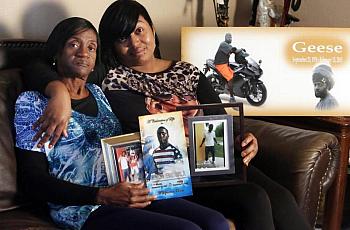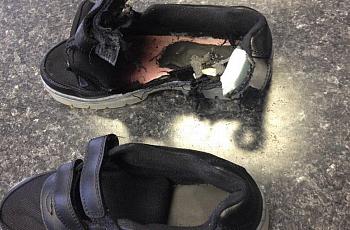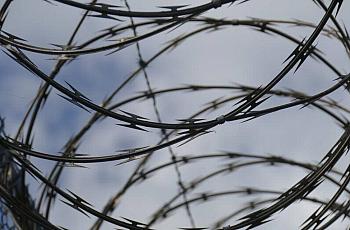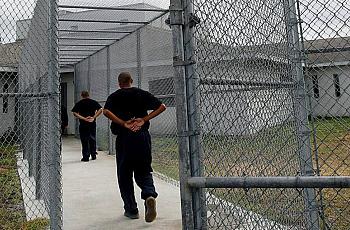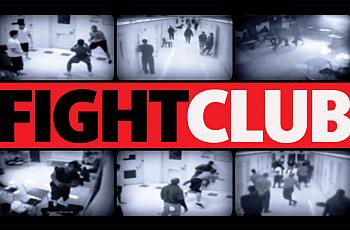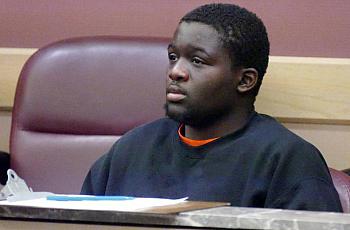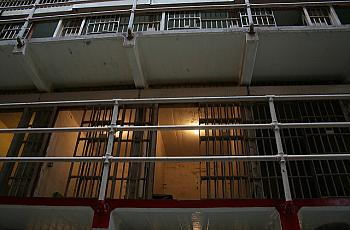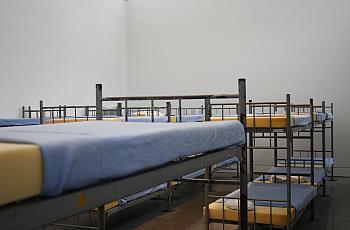
Carol Marbin Miller is the Miami Herald’s deputy investigations editor. Marbin Miller grew up in North Miami Beach, and holds degrees from Florida State University and the Columbia University Graduate School of Journalism. She has written about children, elders and people with disabilities for 25 years. Stories written by Marbin Miller have influenced public policy and spurred legislative action, including the passage of laws that reformed the state’s involuntary commitment, child welfare and juvenile justice systems. Marbin Miller was a 2016 Center for Health Journalism National Fellow and her Fellowship project “Fight Club” won multiple awards including the Worth Bingham Prize, the Lucy Morgan Award for Open Government Reporting and the John Jay Excellence in Criminal Justice Reporting Award in 2017. She also was a finalist for the Goldsmith Award from the Kennedy School at Harvard University.


